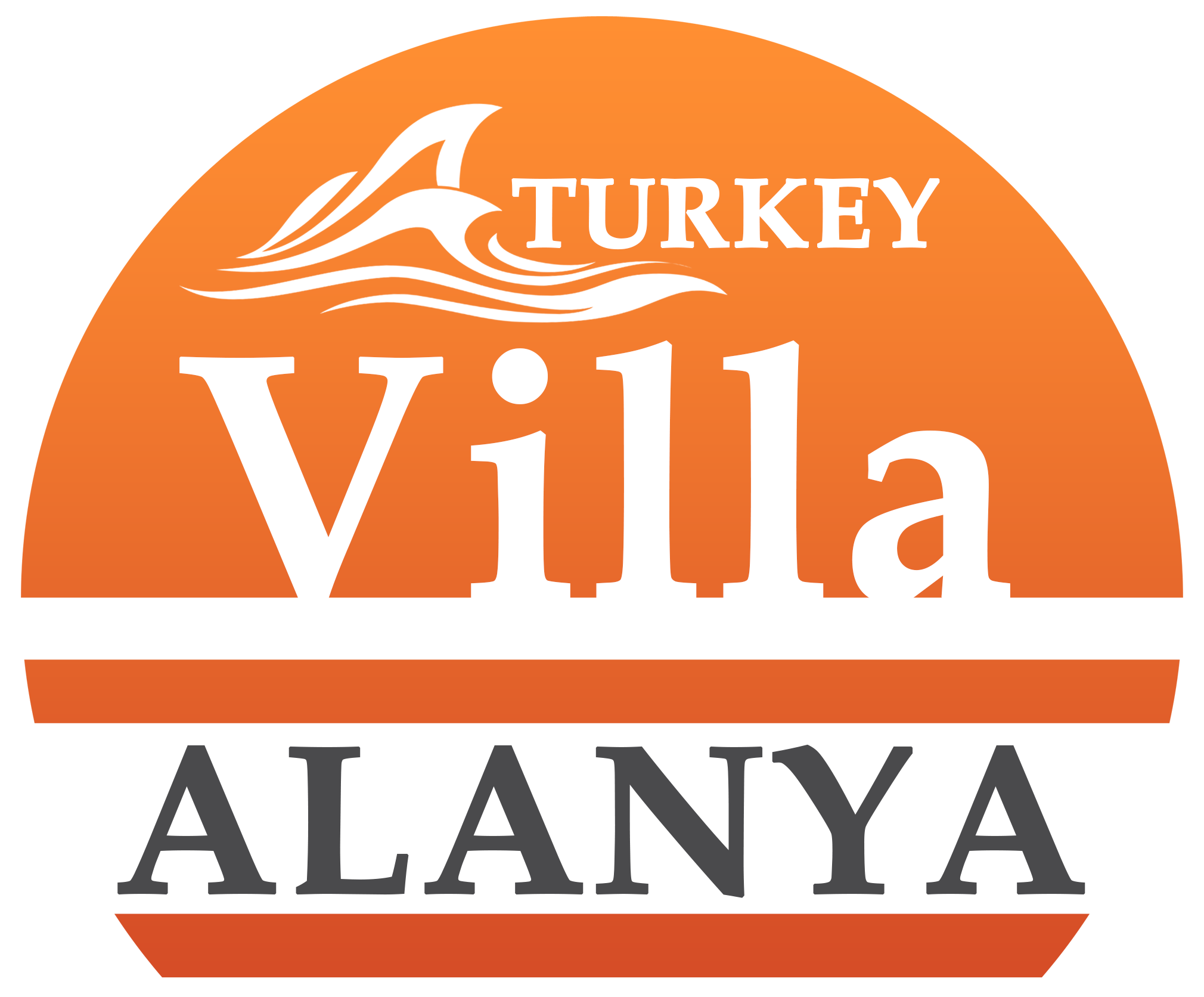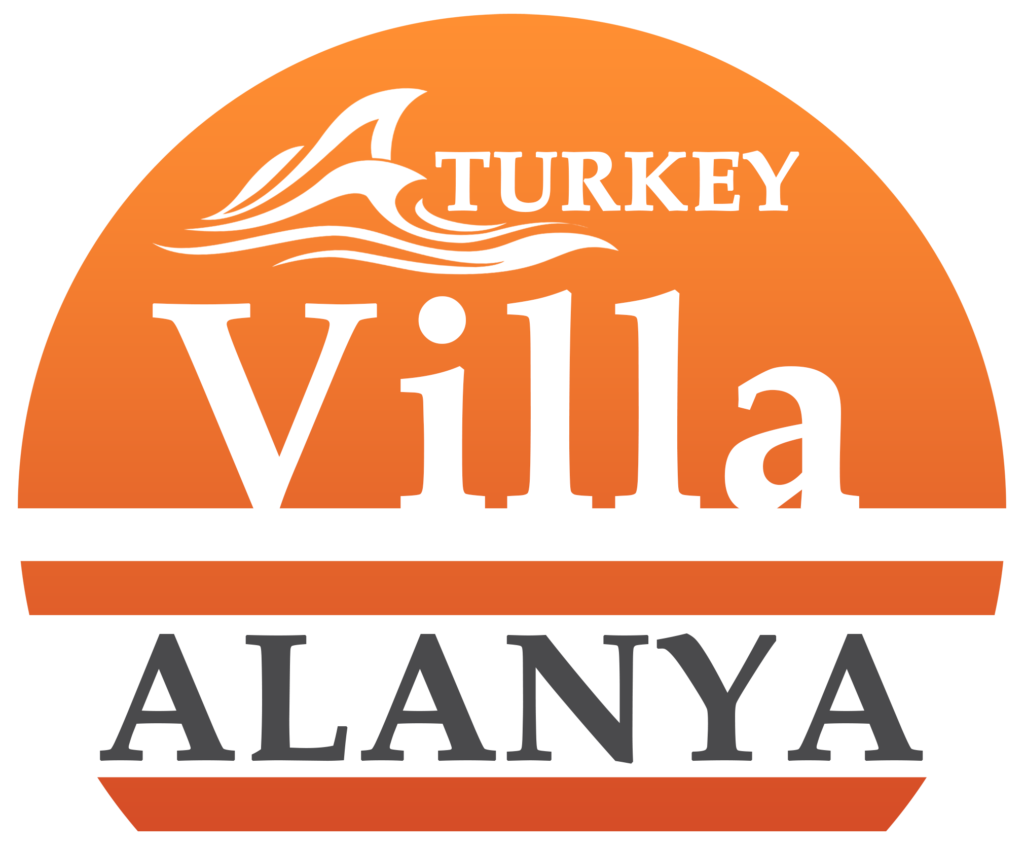Devrais-je acheter ou construire une maison en Turquie ? Guide pour la construction d'une maison en Turquie
Le marché immobilier turc a connu une croissance significative ces dernières années, sous l'effet d'une demande à la fois nationale et internationale. Selon l'Institut statistique turc, les ventes de biens immobiliers à des étrangers ont augmenté de 43% en 2022, ce qui témoigne de l'intérêt soutenu des investisseurs mondiaux. Cette hausse est attribuée à une combinaison de facteurs, notamment la position stratégique de la Turquie, son climat favorable et son riche patrimoine culturel. Pour ceux qui envisagent de construire une maison en Turquie, ces éléments rendent le marché particulièrement attractif. Les conditions économiques jouent également un rôle crucial ; l'économie turque a fait preuve de résilience avec un taux de croissance du PIB stable, malgré les incertitudes économiques mondiales.
L'une des principales tendances qui influencent le marché est la préférence croissante pour les unités de logement modernes et bien équipées dans les centres urbains tels qu'Istanbul, Ankara et Izmir. Ces villes sont appréciées non seulement pour leurs opportunités économiques, mais aussi pour leurs infrastructures de pointe et leur mode de vie. Les régions côtières comme Antalya et Bodrum gagnent également du terrain, en particulier auprès des retraités et des personnes à la recherche d'une résidence secondaire, en raison de leurs paysages naturels attrayants et de leurs climats plus doux.
Le cadre juridique de la propriété en Turquie est relativement simple, ce qui le rend accessible tant aux locaux qu'aux étrangers. Les étrangers peuvent acheter des biens immobiliers en Turquie avec peu de restrictions, bien qu'il y ait certaines limitations sur la quantité de terres que l'on peut posséder, en particulier dans les zones militaires et les zones rurales. Le gouvernement a mis en œuvre plusieurs initiatives pour attirer les investissements étrangers, comme le programme de citoyenneté turque par l'investissement, qui accorde la citoyenneté à ceux qui investissent un certain montant dans l'immobilier.
L'ensemble de ces facteurs crée un marché immobilier dynamique et attractif. Qu'il s'agisse d'acheter ou de construire une maison, il est essentiel de comprendre ces éléments pour prendre une décision éclairée. Les sections suivantes approfondiront les avantages et les inconvénients de chaque option, fournissant ainsi un guide complet pour naviguer dans le paysage immobilier turc.
Avantages et inconvénients de l'achat d'une maison en Turquie
Lorsqu'il s'agit d'acheter ou de construire une maison en Turquie, il est essentiel de peser le pour et le contre de l'achat d'une propriété existante. L'un des principaux avantages de l'achat d'une maison est sa commodité. Une maison existante permet une occupation immédiate, éliminant ainsi la période d'attente associée à une nouvelle construction. Cela peut être particulièrement intéressant pour les personnes qui déménagent ou qui cherchent à profiter d'une opportunité d'investissement opportune.
Un autre avantage notable est la présence de quartiers établis. Les propriétés achetées sont souvent accompagnées d'aménagements paysagers, d'infrastructures développées et d'un sentiment d'appartenance à la communauté, ce qui peut prendre des années à se développer dans les zones nouvellement construites. En outre, l'achat d'une maison dans un quartier établi peut offrir des valeurs immobilières et des tendances de marché plus prévisibles, ce qui en fait un investissement potentiellement plus sûr.
Le potentiel de revenus locatifs est un autre facteur d'attractivité. Avec le développement de l'industrie touristique et de la communauté des expatriés en Turquie, la possession d'une propriété dans un endroit recherché peut générer des revenus locatifs importants. C'est particulièrement vrai pour les maisons situées dans des destinations touristiques populaires comme Istanbul, Antalya et Bodrum.
Cependant, l'achat d'une maison en Turquie n'est pas sans inconvénients. L'un des principaux inconvénients est le coût initial plus élevé. Les maisons existantes sont généralement vendues au prix fort, en particulier dans les endroits les plus recherchés. Cet investissement initial plus élevé peut constituer un obstacle pour certains acheteurs.
Un autre inconvénient est la flexibilité limitée en matière de conception et de personnalisation. Contrairement à la construction d'une maison à partir de zéro, l'achat d'une propriété existante signifie que vous devez accepter la disposition, le style et les caractéristiques actuels. Toute modification ou rénovation souhaitée entraînera des coûts et des délais supplémentaires. En outre, les propriétés plus anciennes peuvent présenter des problèmes cachés tels qu'une plomberie ou des systèmes électriques obsolètes, ou encore des problèmes structurels, ce qui entraîne des dépenses imprévues et des difficultés d'entretien.
Des exemples concrets illustrent efficacement ces points. Ainsi, un couple qui a acheté une maison dans le quartier historique d'Istanbul a bénéficié d'un accès immédiat à la vie et aux commodités de la ville, mais a dû faire face à des coûts de rénovation élevés pour moderniser la propriété. À l'inverse, un investisseur ayant acheté une villa à Antalya a bénéficié de revenus locatifs réguliers, mais a dû investir dans d'importantes réparations en raison de l'ancienneté du bien.
En résumé, l'achat d'une maison en Turquie offre une certaine commodité, des quartiers bien établis et un potentiel de revenus locatifs, mais il s'accompagne également de coûts plus élevés, d'une flexibilité moindre et d'éventuels problèmes d'entretien. Les acheteurs potentiels doivent examiner attentivement ces facteurs pour prendre une décision en connaissance de cause.
Avantages et inconvénients de la construction d'une maison en Turquie
La construction d'une maison en Turquie offre une occasion unique de créer une maison adaptée à vos besoins et préférences spécifiques. L'un des principaux avantages est la possibilité de personnaliser chaque aspect de la conception. Que vous envisagiez une villa contemporaine dotée d'équipements de pointe ou une maison turque traditionnelle reflétant les styles architecturaux locaux, les possibilités sont pratiquement illimitées. Ce niveau de personnalisation garantit que le produit final correspond parfaitement à votre style de vie et à vos préférences esthétiques.
Un autre avantage important est la possibilité de réaliser des économies. Dans certains cas, la construction d'une maison peut s'avérer plus économique que l'achat d'une propriété existante, en particulier si l'on tient compte de la possibilité de s'approvisionner en matériaux et en main-d'œuvre locaux. En outre, les nouvelles normes de construction en Turquie garantissent que votre maison sera construite conformément aux derniers codes de sécurité et d'efficacité énergétique, ce qui peut se traduire par des économies à long terme sur les services publics et l'entretien.
Cependant, la construction d'une maison en Turquie n'est pas sans poser de problèmes. L'un des principaux inconvénients est le temps qu'il faut y consacrer. Le processus peut être long et s'étaler sur plusieurs mois, voire plusieurs années, de la planification à l'achèvement des travaux. Ce délai prolongé peut être dissuasif pour ceux qui recherchent des solutions de logement immédiates. En outre, le processus de construction peut être entaché de dépassements de coûts potentiels. Des dépenses imprévues, telles que l'augmentation du coût des matériaux ou des complications inattendues, peuvent rapidement faire grimper le budget, ce qui rend difficile le respect du plan financier initial.
La gestion d'un projet de construction en Turquie peut également s'avérer complexe. La coordination avec les architectes, les entrepreneurs et les autorités locales demande beaucoup de temps et d'efforts. S'y retrouver dans les exigences juridiques et bureaucratiques peut s'avérer particulièrement difficile, surtout pour les non-résidents qui ne connaissent pas la réglementation turque. Il est essentiel de disposer d'une équipe fiable pour gérer ces aspects et veiller à ce que le projet se déroule sans heurts.
Les avis d'experts suggèrent souvent qu'une planification minutieuse et une diligence raisonnable sont essentielles pour se lancer dans une telle entreprise. Comprendre la dynamique du marché local, les coûts de construction et les exigences légales permet d'atténuer les nombreux écueils potentiels liés à la construction d'une maison en Turquie. Malgré les difficultés, nombreux sont ceux qui trouvent le processus gratifiant, avec pour résultat une maison personnalisée qui répond à leurs besoins spécifiques et offre une valeur à long terme.
Principaux éléments à prendre en compte et conseils pour la prise de décision finale
Lorsqu'il s'agit de choisir entre l'achat et la construction d'une maison en Turquie, plusieurs considérations clés peuvent influencer votre choix de manière significative. Les aspects financiers sont primordiaux ; l'achat d'une maison implique souvent des coûts immédiats et prévisibles, tandis que la construction d'une maison peut entraîner des dépenses variables susceptibles d'augmenter au cours du processus de construction. Il est essentiel d'évaluer votre budget et votre stabilité financière pour déterminer si un coût fixe ou une dépense potentiellement fluctuante correspond mieux à votre situation financière.
Les préférences en matière de mode de vie jouent également un rôle crucial dans cette décision. L'achat d'une maison existante peut offrir l'avantage d'une occupation immédiate et d'une infrastructure établie, comme des jardins matures et des quartiers développés. En revanche, la construction d'une maison offre la possibilité de personnaliser chaque détail en fonction de vos goûts et de vos exigences, ce qui peut être particulièrement intéressant si vous avez des préférences particulières en matière d'architecture ou de design.
Vos objectifs à long terme doivent être soigneusement pris en compte. Si vous envisagez de résider en Turquie pendant une longue période ou de façon permanente, la construction d'une maison peut être plus avantageuse, car elle permet de créer un logement adapté à vos besoins futurs. En revanche, si votre séjour est temporaire ou incertain, l'achat d'une maison pourrait être une solution plus pratique, offrant une certaine flexibilité et une revente potentiellement plus facile.
Les circonstances personnelles, telles que la taille de la famille, les engagements professionnels et les habitudes de vie, sont également importantes. Par exemple, une famille nombreuse peut bénéficier de l'espace et des options de personnalisation d'une maison nouvellement construite, tandis qu'un professionnel célibataire peut préférer la commodité et l'entretien réduit d'une propriété existante.
Quel que soit votre choix, il est essentiel de faire appel à des professionnels. Les agents immobiliers peuvent fournir des informations précieuses sur le marché et aider à identifier les propriétés appropriées, tandis que les constructeurs peuvent proposer des estimations et des calendriers pour les projets de construction. Les conseillers juridiques sont indispensables pour s'y retrouver dans les exigences légales et garantir le respect des réglementations locales, que vous achetiez ou construisiez.
En conclusion, la décision d'acheter ou de construire une maison en Turquie repose sur une évaluation approfondie des considérations financières, des préférences en matière de mode de vie, des objectifs à long terme et des circonstances personnelles. En consultant des professionnels du secteur et en tenant compte de tous les facteurs pertinents, vous pourrez prendre une décision bien informée qui correspondra à vos objectifs et améliorera votre expérience de vie en Turquie.
Pour Investissements immobiliers en Turquiecontactez-nous dès maintenant :
Téléphone : +90 242 517 33 75 +90 242 517 33 75
Mobile : +90 532 689 48 62 / +90 532 262 48 62
Site web : www.villaalanyaturkey.com





